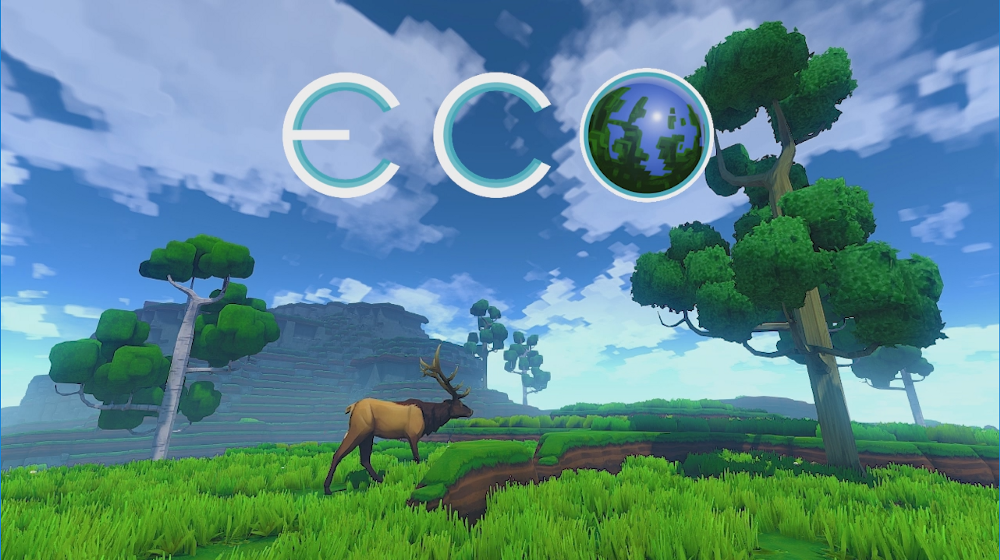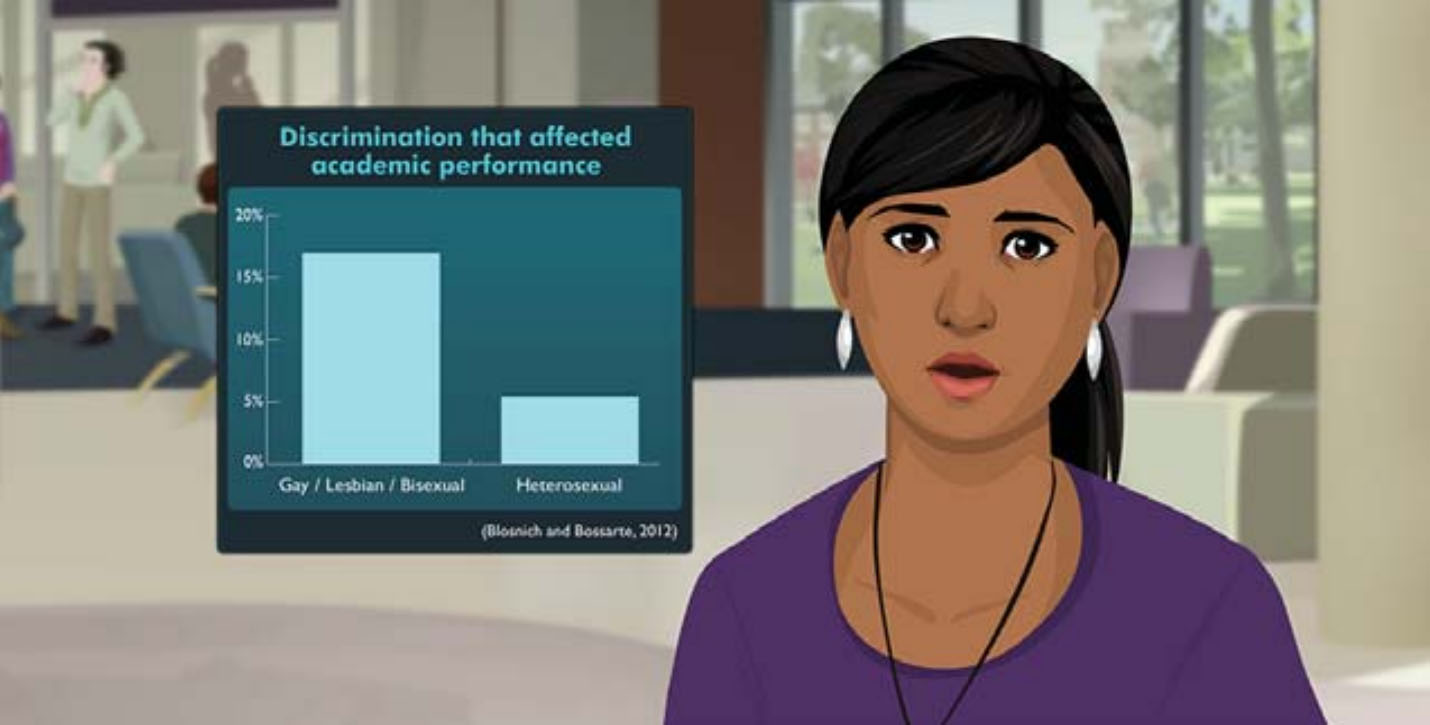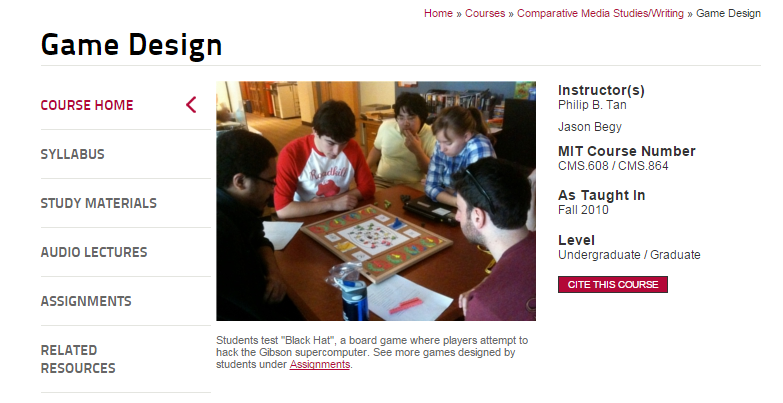Syllabi: Teaching with & about Games
“Courses cover game development and design, but also treat games as a topic in fields such as computer science, history, media studies, and rhetoric. In other words, video games are not just an economic force (they make lots of money and so we should teach students to make them) nor are they only a psychological force (games teach people violence and so we need to study policy to limit them); they are also a cultural and creative force, and courses are cropping up that attend to games in this particular framework…This special issue of the Syllabus Journal, then, offers a multi-disciplinary approach to video game studies.” – Issue Overview


